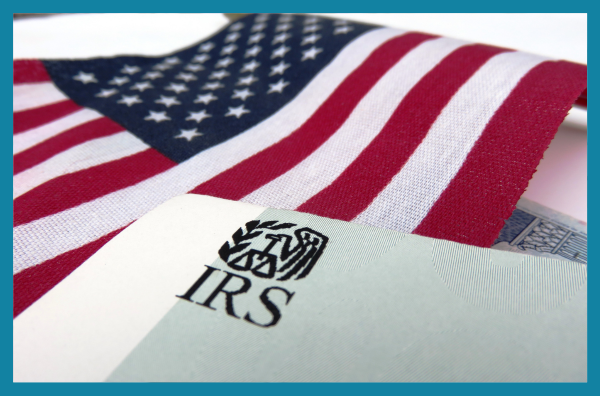When Does the IRS Charge Penalties And Interest?

Types of IRS Penalties
The most common IRS penalties include:
- Failure to file penalty: If you don’t file your tax return by the due date, you will be subject to a penalty for each month or part of a month that you are late.
- Failure to pay penalty: If you file your tax return on time but don’t pay the full amount owed on time, a penalty will be imposed for each month or part of a month that the tax is late.
- Accuracy-related penalty: This penalty applies if you make errors on your tax return such as not claiming all your income or claiming deductions or credits for which you don’t qualify and these result in an underpayment of tax. The penalty is a percentage of the underpayment.
- Erroneous claim for refund or credit penalty: If you claim a tax refund or credit for an excessive amount without reasonable cause, the penalty imposed is a percentage of the excessive amount claimed.
- Failure to pay estimated tax penalty: Individuals and corporations are subject to penalties for failing to pay estimated tax accurately or on time. However, they may avoid the penalty if they either owe less than $1,000 in tax after subtracting their withholding and refundable credits, or they paid withholding and estimated tax of at least 90% of the tax for the current year or 100% of the tax shown on the return for the prior year, whichever is smaller.
Note that this is not a complete list of penalties. Visit the IRS website or contact a tax lawyer for more information.
IRS Interest on Penalties
If you owe taxes and don’t pay them by the due date, the IRS will charge interest on the unpaid amount. That includes interest on any penalties that have been added to your tax bill.
How Can You Avoid Paying Penalties and Interest?
You should file your tax return on time even if you cannot pay in full to avoid penalties for failing to file. If you cannot afford to pay your entire tax bill, you should pay as much as you can to minimize your penalties and interest. Consider taking out a loan if you can get one at a lower rate than what the IRS would charge you in penalties and interest.
Finally, consult a tax lawyer to determine if you may qualify for penalty abatement or other tax relief such as an offer-in-compromise.
Our tax law firm has over 25 years of experience helping taxpayers resolve their tax problems. Contact us for a consultation to learn how we can assist you.
To learn more about IRS penalties, check out our next post – How Much Are IRS Penalties And Interest?


